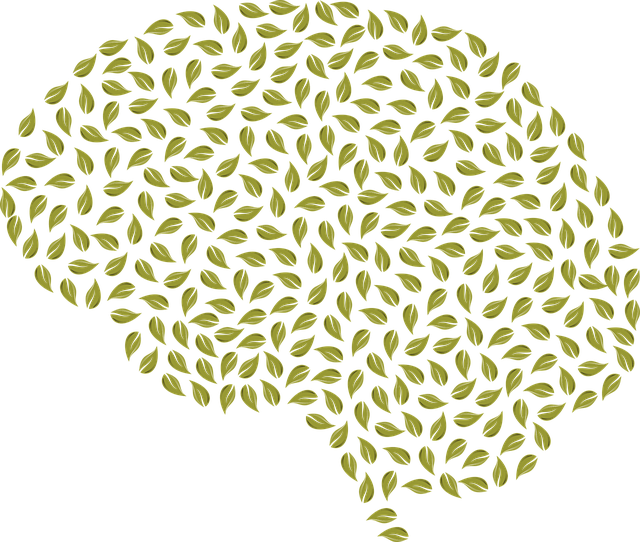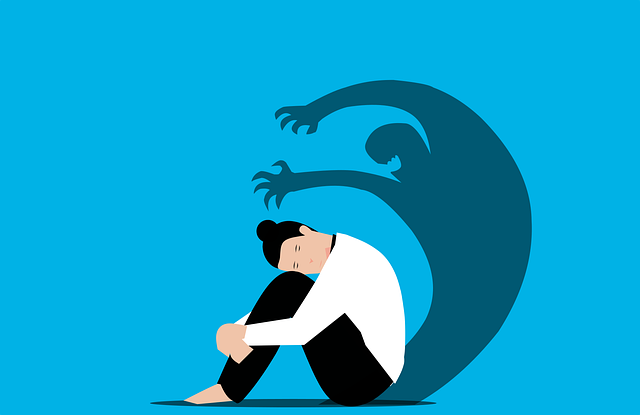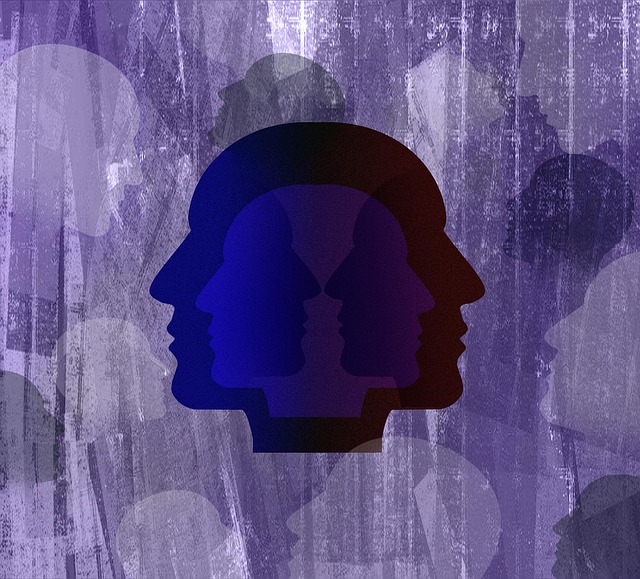Effective mental wellness facilitation in programs like Arvada Depression Therapy requires navigating complex group dynamics, creating safe and inclusive environments through cultural competency and open communication, guiding meaningful discussions with interactive exercises, and measuring individual growth using standardized assessments and qualitative feedback. These strategies collectively enhance healing, personal growth, and the overall effectiveness of mental wellness programs.
In today’s digital era, mental wellness support groups play a pivotal role in fostering community and personal growth. This article explores effective facilitation techniques for enhancing group dynamics, creating safe spaces, and promoting individual healing. From understanding group behavior to guiding meaningful discussions, we delve into strategies that empower facilitators to measure and encourage participant progress. Discover how these tactics, tailored by Arvada Depression Therapy experts, can revolutionize mental health support within communities.
- Understanding Group Dynamics for Effective Facilitation
- Strategies to Foster a Safe and Supportive Environment
- Techniques to Guide Meaningful Discussions and Activities
- Measuring and Promoting Individual Growth within Groups
Understanding Group Dynamics for Effective Facilitation

Understanding group dynamics is a cornerstone for effective mental wellness facilitation. In a therapeutic setting, particularly with groups like those offering Arvada Depression Therapy, facilitators must navigate complex interactions and emotions. Every individual brings their unique experiences and perspectives, which can sometimes lead to conflicts or silences within the group. Facilitators play a crucial role in fostering an inclusive environment where everyone feels heard and respected. By employing empathy building strategies, they create a safe space that encourages open communication. This involves actively listening, mirroring emotions, and validating each participant’s feelings, helping to foster connections and trust.
Conflict resolution techniques are also vital for managing dynamics, especially when addressing sensitive topics. Facilitators should be equipped with tools to mediate disagreements, ensuring everyone has the chance to express themselves. Burnout prevention is another key consideration; facilitators must recognize their own emotional boundaries and implement self-care practices to sustain their energy and commitment over time. These strategies contribute to a harmonious group environment that promotes healing and personal growth, ultimately enhancing the effectiveness of mental wellness programs like Arvada Depression Therapy.
Strategies to Foster a Safe and Supportive Environment

Creating a safe space is paramount when facilitating mental wellness groups, especially in areas like Arvada Depression Therapy. It begins with establishing clear boundaries and ground rules that emphasize respect, confidentiality, and active listening. Facilitators should encourage open communication where participants feel comfortable sharing their experiences without fear of judgment. This environment fosters trust, allowing individuals to explore sensitive topics and build a sense of community.
Cultural competency training for healthcare providers plays a significant role in understanding the diverse backgrounds of group members. Recognizing and respecting individual differences enhances inclusivity. Incorporating techniques like active reflection and cultural storytelling enables facilitators to address unique perspectives, ensuring every participant feels seen and heard. This, coupled with mental wellness coaching programs that promote positive thinking, creates a supportive ecosystem conducive to healing and personal growth.
Techniques to Guide Meaningful Discussions and Activities

Guiding meaningful discussions and activities is a cornerstone of effective mental wellness group facilitation. Facilitators should encourage open dialogue by creating a safe, non-judgmental space where all participants feel comfortable sharing their experiences. This can be achieved through active listening, reflecting on emotions expressed, and validating individual perspectives, fostering an environment that promotes emotional intelligence and builds social connections.
Incorporating interactive activities tailored to the group’s needs is another powerful technique. These might include exercises focused on mindfulness, stress management, or cognitive reframing. For instance, a facilitator could lead a guided meditation session to help individuals cultivate present-moment awareness and cope with anxiety. Alternatively, group art therapy or writing prompts can be used to encourage self-expression and process complex emotions. Such activities not only enhance engagement but also support the development of social skills training and contribute to overall mental health policy analysis and advocacy by promoting peer understanding and support.
Measuring and Promoting Individual Growth within Groups

Measuring and promoting individual growth within groups is a crucial aspect of effective mental wellness facilitation. Using standardized assessments and self-reported surveys can help track progress over time, allowing facilitators to tailor their approach accordingly. These tools provide quantitative data on symptoms reduction, coping mechanisms adoption, and overall emotional well-being promotion. For instance, programs designed by Mental Health Education Programs in Arvada aim to reduce depression symptoms through a combination of group therapy sessions and individual assessments.
Facilitators can also employ qualitative methods like open discussions and reflective exercises to gain deeper insights into participants’ experiences. By fostering an environment where individuals feel safe to share their stories and challenges, facilitators enable personal growth. This holistic approach, combining quantitative metrics with qualitative feedback, ensures that Arvada Depression Therapy not only alleviates symptoms but also empowers individuals to navigate and improve their mental wellness journey effectively.
Group facilitation plays a pivotal role in enhancing mental wellness, as evidenced by effective strategies outlined in this article. By understanding group dynamics, creating safe spaces, and employing techniques for meaningful interactions, facilitators can significantly impact individual growth. Measuring progress is key to promoting healing; thus, incorporating assessment tools tailored to group settings allows for personalized Arvada Depression Therapy. Embracing these practices ensures a supportive environment where participants can navigate their mental health journeys together.














